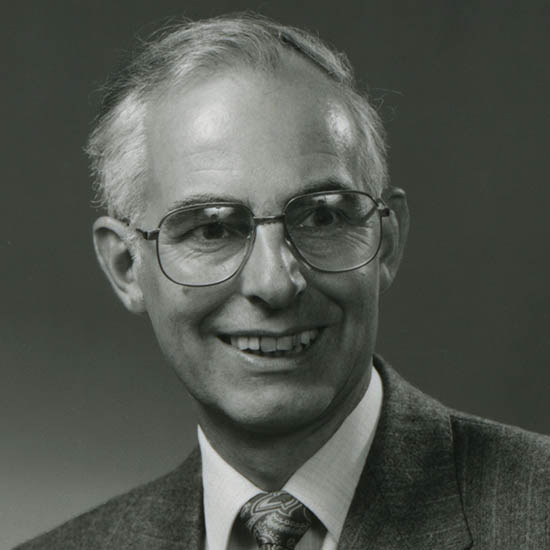John Guest is distinguished for his application of mutant and genetic approaches in defining the biochemistry, genetic organisation and expression of central anabolic and catabolic pathways of bacteria, in particular the citric acid cycle and related functions in aerobic and anaerobic metabolism. He devised strategies for cloning the genes encoding the pyruvate and 2-oxoglutarate dehydrogenase complexes and other key enzymes — such as citrate synthase, succinate dehydrogenase, succinyl-CoA synthetase, fumarase, aconitase, fumarate reductase and aspartase — allowing their DNA sequences and the mechanisms regulating their expression to be defined.
He used site-directed mutagenesis to reveal molecular structure–function relationships of these enzymes and to study the physiological consequences of modifying metabolic pathways and their regulation. He discovered new regulatory proteins, including the global regulator Fnr, which senses oxygen and is essential for controlling the expression of many anaerobic respiratory functions. The results of these fundamental studies are of direct relevance to fermentation technology, and the aspartase gene has been used in the industrial production of the ubiquitous sweetener, aspartame.
Subject groups
- Biochemistry and molecular cell biology
Molecular microbiology
Awards
Leeuwenhoek Medal and Lecture
On 'Adaptation to life without oxygen'.

